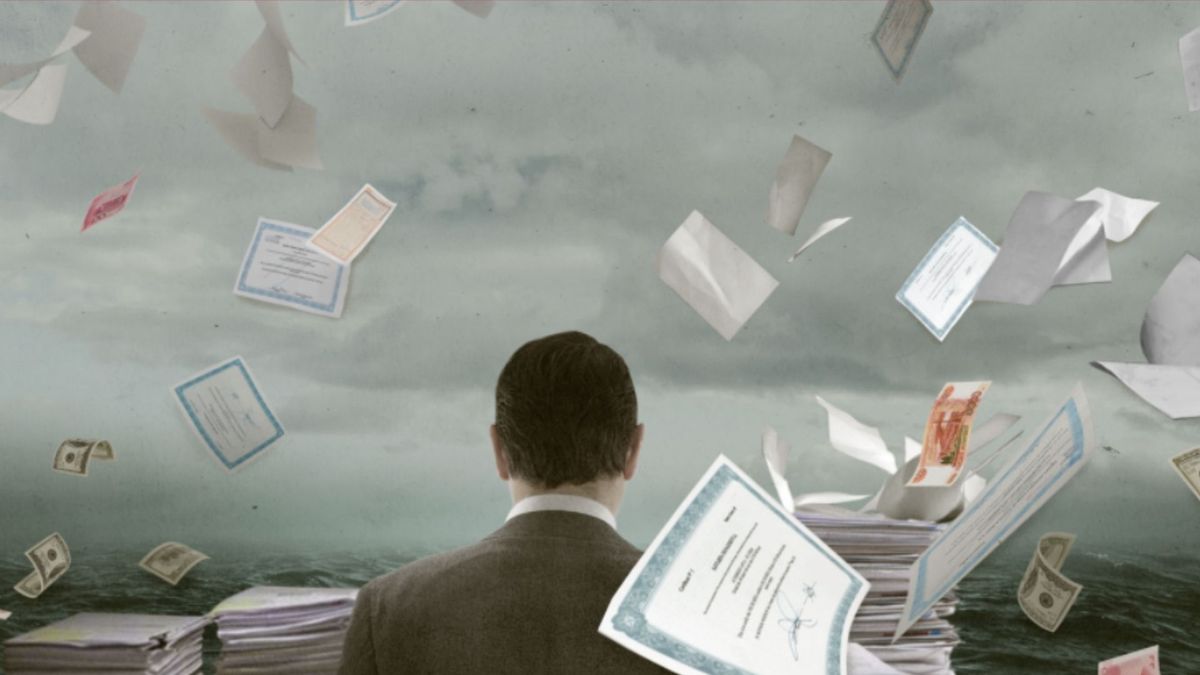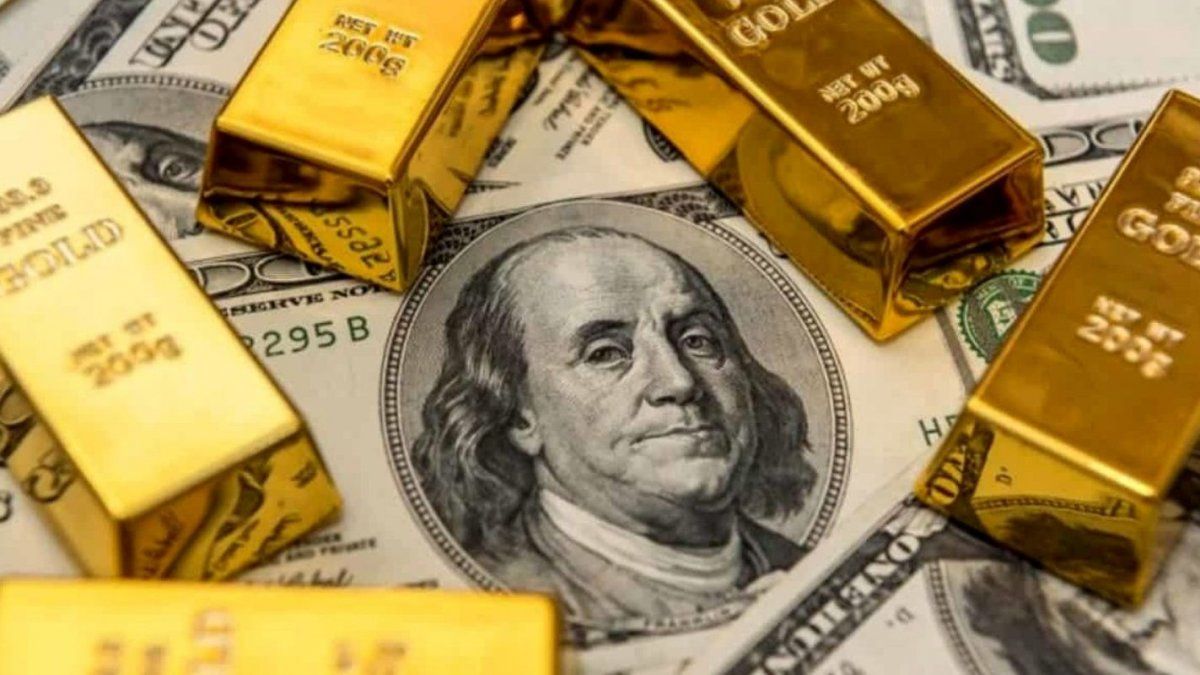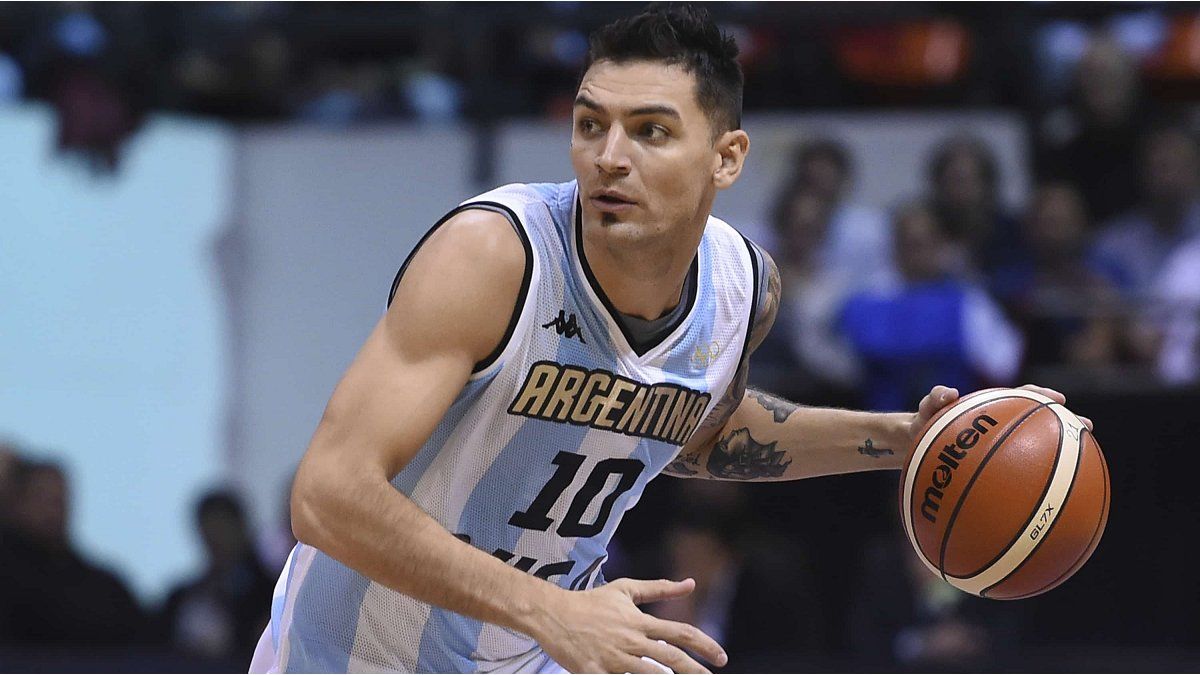In the morning, Judge Baloísa Marquínez opened the first hearing of the trial, which includes the founders of this office among those accused, Jürgen Mossack and Ramón Fonseca Moraas well as other lawyers and former employees of the defunct firm.
The 27 defendants face charges of alleged money laundering, the Judiciary reported, and each one risks a maximum sentence of 12 years in prison, according to Panamanian law.
Later, “the Public Ministry will request what is legally appropriate” as a sentence for each accused, prosecutor Isis Soto told reporters.
“I am not responsible” for this crime, Mossack stated before the judge at the beginning of the hearing. His former partner Fonseca, 71, did not attend the meeting because he is hospitalized, reported his lawyer Daika Indira Levy.
Upon entering the court, Mossack declared himself “very optimistic” to journalists. “If there is real justice, we will get away with it,” said the 76-year-old lawyer.
The trial was supposed to take place in 2021, but for various reasons it was delayed. Now the hearings will last until April 26, according to the Judiciary.
“From the beginning we have pointed out the nonexistence […] of a precedent crime,” Mossack’s lawyer, Guillermina Mc Donald, whose firm defends most of the accused, told the press.
The hearing began eight years after the International Consortium of Investigative Journalists (ICIJ) reported on April 3, 2016, that personalities from around the world allegedly evaded taxes and laundered money through the Panamanian law firm.
This publication, based on the leak of 11.5 million documents from the Mossack Fonseca law firm, showed that heads of state and government, political leaders, personalities from finance, sports and the arts hid properties, companies, assets and profits .
To do this, they would have formed opaque companies in Panama to open bank accounts in other countries and create front companies and foundations where they could hide the money, which in some cases came from illicit activities, according to the investigation.
The former leaders of Iceland, Sigmundur David Gunnlaugsson; from Pakistan, Nawaz Sharif; from Great Britain, David Cameron; and from Argentina, Mauricio Macri; In addition to the Argentine soccer star Lionel Messi and the Spanish filmmaker Pedro Almodóvar were some of the names mentioned then.
Due to the scandal, the Mossack Fonseca office had to close, while the international image of Panama, accused of being a tax haven, was seriously affected.
However, part of the current Panamanian legislation did not exist when the case broke out, which could make it difficult for justice to achieve convictions.
“The crux of the matter is whether a crime was committed in Panama or not with the regulations of the moment,” jurist Carlos Barsallo, former president from 2019 to 2021 of the Panamanian section of Transparency International, told AFP.
According to Barsallo, in 2021 the Supreme Court exonerated a Mossack Fonseca employee by indicating that her actions at that time were not a crime in Panama.
“It may generate confusion and frustration in the international community that this is the result after so many years and so much news,” he added.
For lawyer Dionicio Rodríguez, who defends one of the accused, “today is a trial against the Panamanian legal profession.” “You are prosecuting a law firm, but you are prosecuting activities that are legal in many other countries in the world,” he said upon entering the court.
After the “Panama Papers” the country carried out some legal reforms, which allowed it to leave the “gray list” of the Financial Action Task Force (FATF) in 2023.
The FATF, based in Paris, considered that Panama had made progress in the fight against money laundering and the financing of terrorism.
However, Panama remains on the list of territories considered “tax havens” by the European Union.
“Eight years later, the changes are happening, but more actions are also required,” Olga de Obaldía, executive director of Transparency International in Panama, told AFP.
In 2023, Mossack and Fonseca were tried in Panama for alleged money laundering in the case “Lava Jato” from Brazil, where construction companies paid bribes to Latin American rulers and senior officials to win contracts between 2005 and 2014.
The prosecution requested up to 12 years in prison for both of them in this case, but the sentence has not yet been made public.
Source: Ambito




